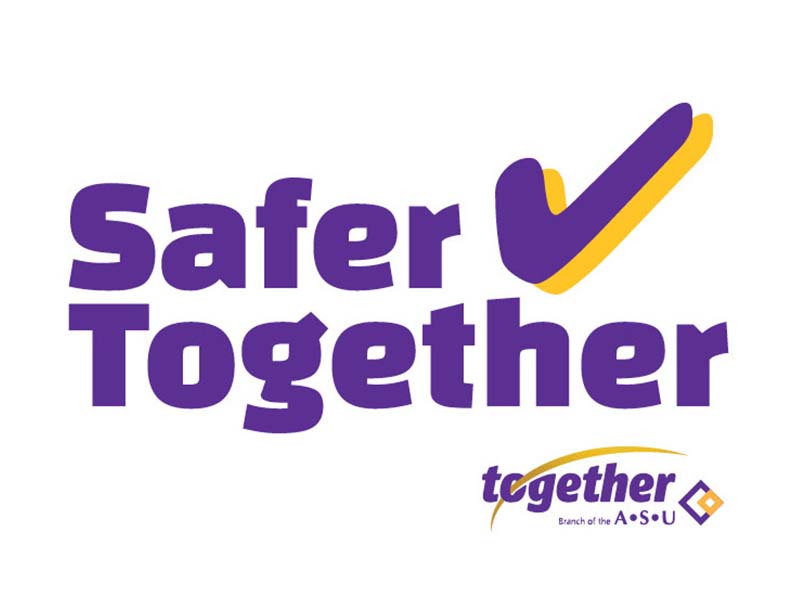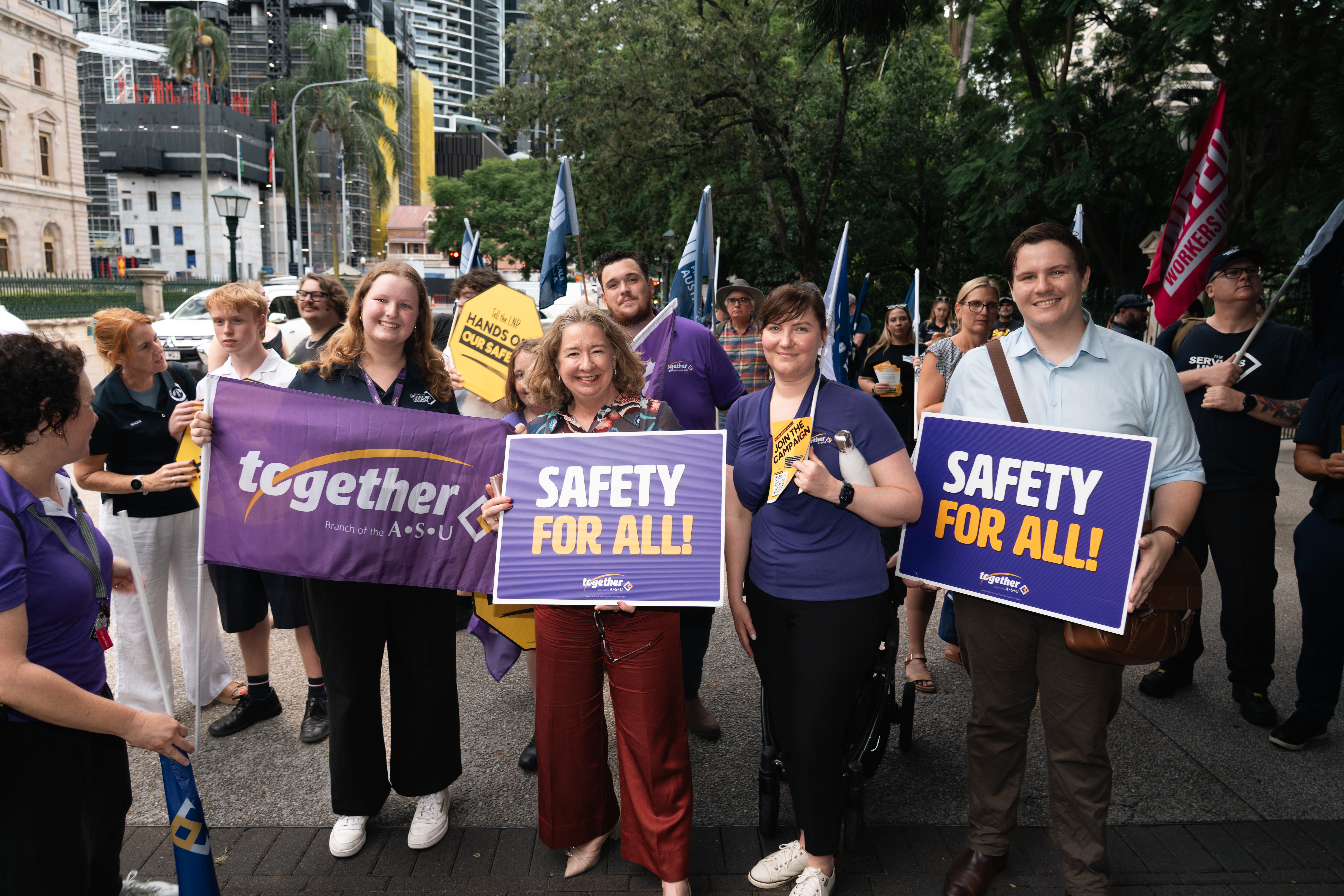With the emergence of the omicron variant of COVID-19, governments and organisations have had to rethink how they deal with the new, more-infectious variant.
Public Sector members are concerned about potential gaps in leave entitlements contained in the Employment Arrangements in the Event of a Health Pandemic (Directive 01/20) that could be exposed by the omicron variant.
Together members have written to the Public Service Commission to highlight members' concerns. It is important that public sector members feel safe when they go to work.
You can read the letter here.
Members must have access to additional leave with omicron
Public sector members currently have access to 20 days “Special Pandemic Leave”. This leave has been in place for many months, but now it's time for the public service to catch up to what members are facing today.
With a more infectious variant, members are concerned that the potential of being reinfected with COVID-19 or the need to isolate to care for family and friends may exhaust the current Special Pandemic Leave entitlement.
Measures must be in place when members exhaust their current 20 days of Special Pandemic Leave.
An additional 20 days leave must be activated in the event of a public servant being reinfected with COVID-19, for example when there have been multiple infections in a household or a school or childcare centre has been closed and a public sector member is required to care for a child.
Members require leave for vaccinations
Members have also expressed concern that the minister’s comments about vaccination are not reflected in the Directive. We know the importance vaccination is playing in reducing severe disease and members should be encouraged to take the time to get their booster shot.
As such, members are requesting access to paid time off, including travel time, to be vaccinated and also paid leave if an employee has an adverse reaction to a vaccine. These entitlements should be reflected in the Directive.
Members require access to Rapid Antigen tests
The changes to close contact rules means members need access to Rapid Antigen Tests (RATs). Public servants must have access to RATs when:
- A employee is a close contact of a diagnosed person, either at home or accommodation, and requires a negative test to return to work.
- A employee has had contact with a diagnosed person in the execution of their duties.
- A employee has worked with a diagnosed person in close confines for more that 4 hours.
If a person requires a negative test to return to work and cannot access a RAT, they must be granted Special Pandemic Leave. Members are seeking these change be added to the Directive also.



